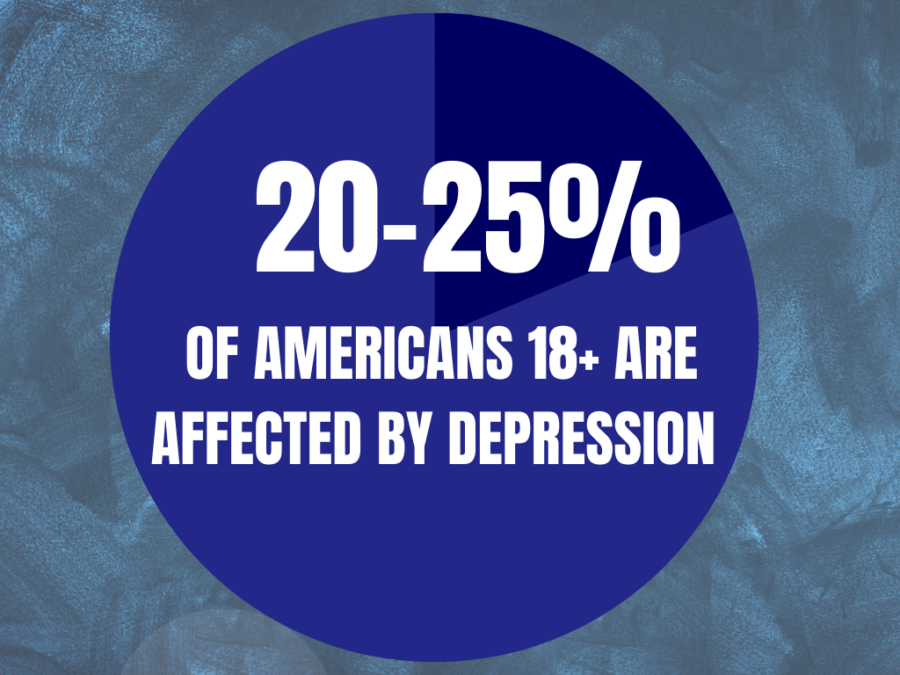
Students, as well as faculty and university stakeholders, can share their thoughts regarding changes to general education courses at town halls held by the General Education Improvement and Assessment Committee (GEIAC).
Previous General Education Revitalization town halls were held on Sept. 28 and Oct. 4, but upcoming events will be from 3–4:30 p.m. Oct. 13 and 5:30–7 p.m. Oct. 19 in the Shepherd Union Ballroom.
“Faculty need to hear student voices,” said Chair of the GEIAC Leigh Shaw. “I think, ‘You’re taking the classes. We need you there.’ … It’s only a meaningful curriculum inasmuch as we can ensure that you have the skills and knowledge to be a successful citizen in the 21st century.”
As discussed by Shaw, the GEIAC has two major practices: One is the assessment of existing general education courses each catalog year, and the other is the improvement of these courses ― a goal these town halls are meant to serve.
The idea for a town hall circulated through the committee in recent years as they gathered research. They sent a team to the Association of American Colleges and Universities (AAC&U) where they discussed other schools’ practices, and there’s been talk of integrating courses through subjects like math and dance or how disease has affected history.
According to Shaw, the only recent decisions in effect are the interdisciplinary courses this fall and the removal of the computer literacy requirement in fall of 2018.
Registrar Casey Bullock said in an email he wouldn’t speculate on the changes in approval, but unless students declare their major into a different catalog year, they will be subject to the general education requirements of their original year. Also, students who already completed their associate degree will not have to complete any of the new requirements for their bachelor’s.
Although a catalog year is something that can be changed at any time, Bullock said “students, with the consultation of their advisor, should evaluate what path would be most beneficial before changing their catalog year.”
The town halls would instead be a place for collaboration so that confirmation might later be achieved. Current plans are to invent more efficient and creative structures ― making certain faculty members know their practices wouldn’t be changed too drastically ― while still following the Utah System of Higher Education (USHE) code R470.
“This is something that my committee’s been very actively engaged in,” Shaw said. “Our goal is really to bring all the stakeholders across campus together and start some conversations about ways we can improve our general education curriculum.”
Guest speaker Paul Hanstedt, a Roanoke College English professor and general education consultant, was invited to give attendees some insight. His book “General Education Essentials: A Guide for College Faculty” discusses distribution and integration of courses, as well as what makes a “whole student.”
“I really do think we have a wonderful opportunity because we are a faculty dedicated to undergraduate learning,” Shaw said. “I think we can now take steps to do that on this campus. I’m really excited by the opportunity, and I hope my colleagues are the same way.”




















